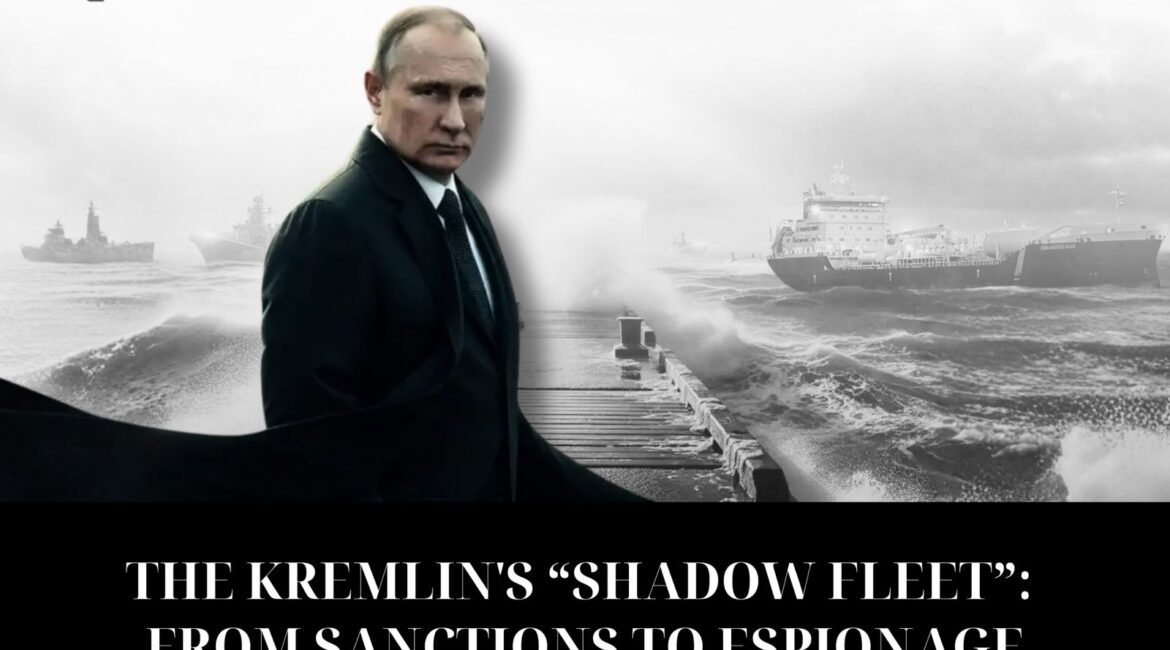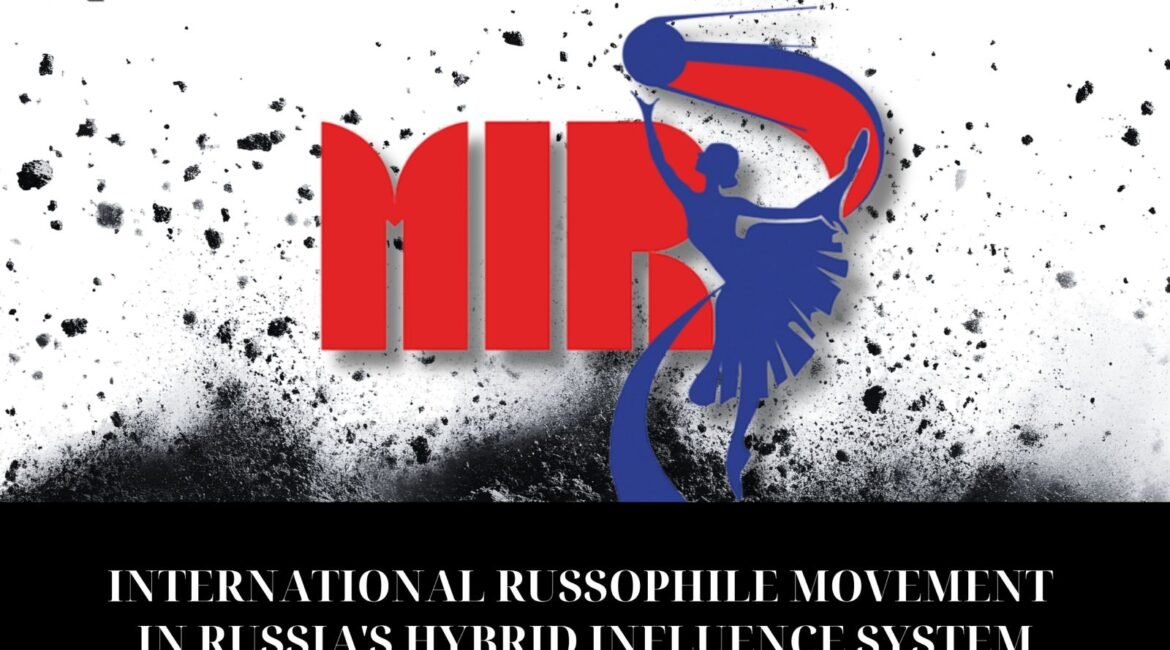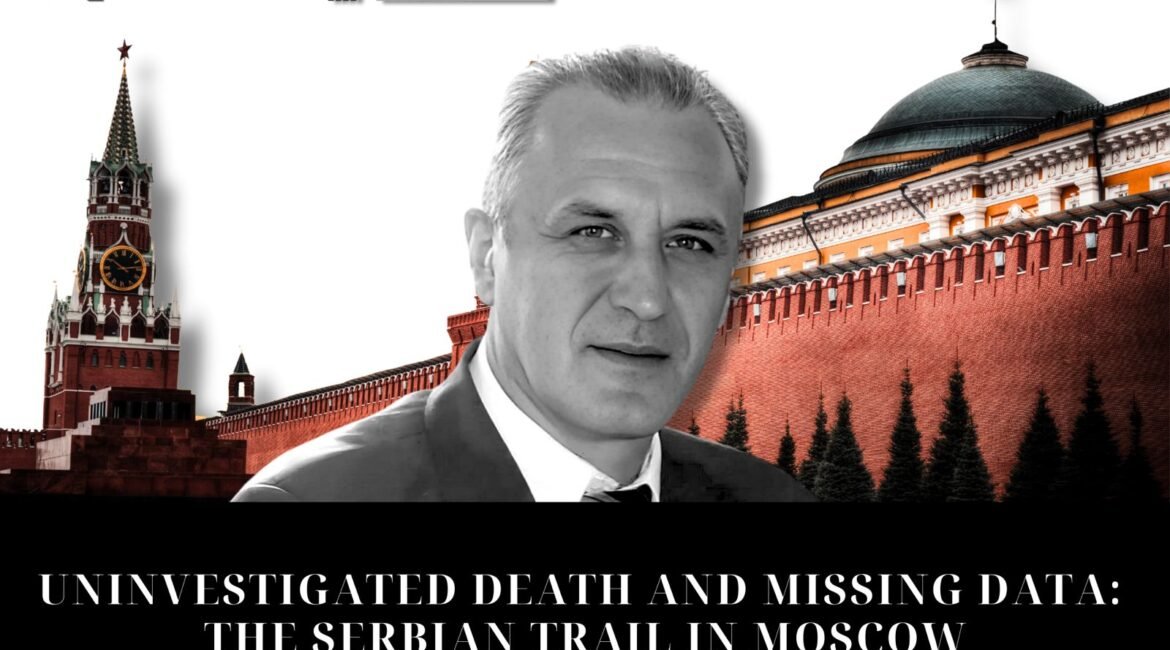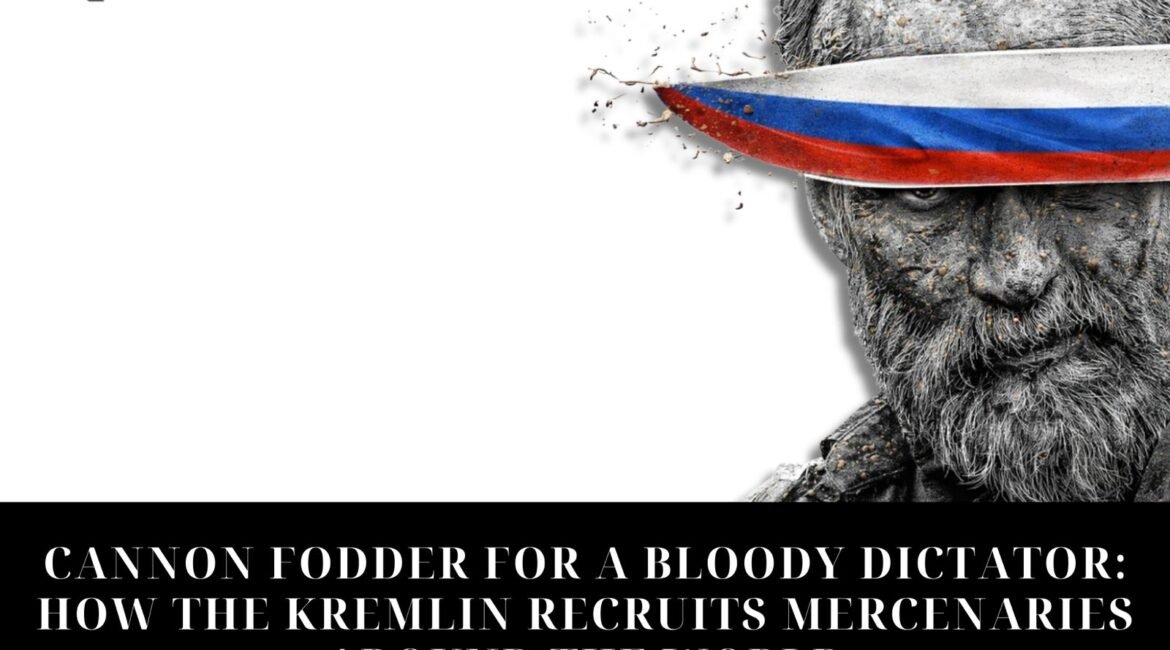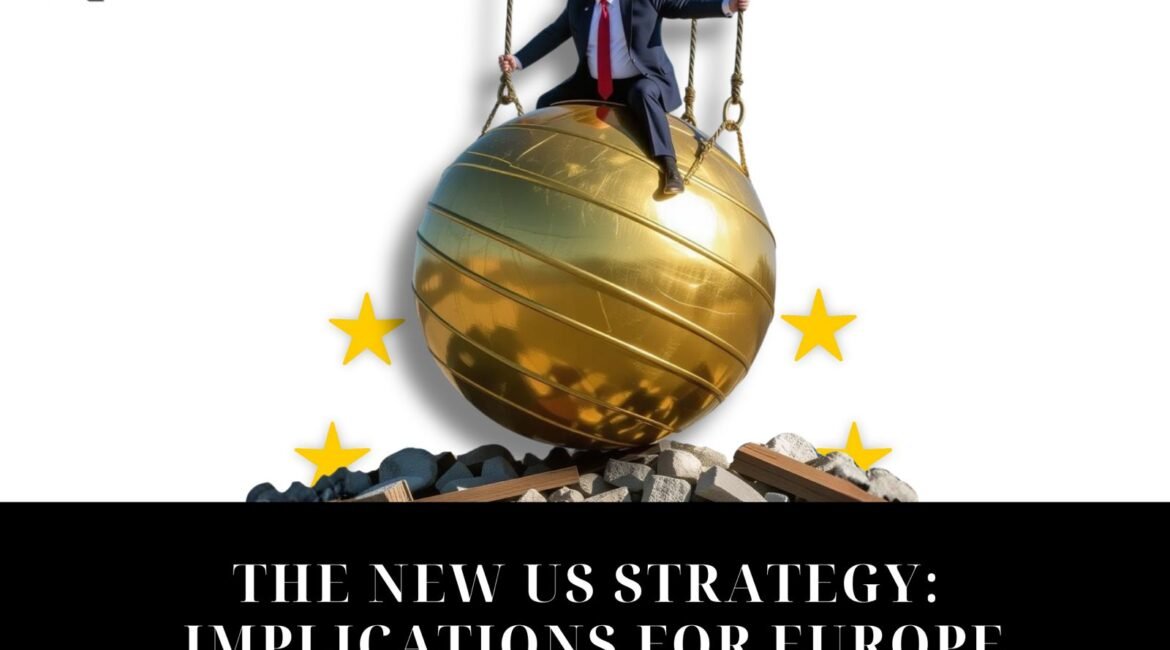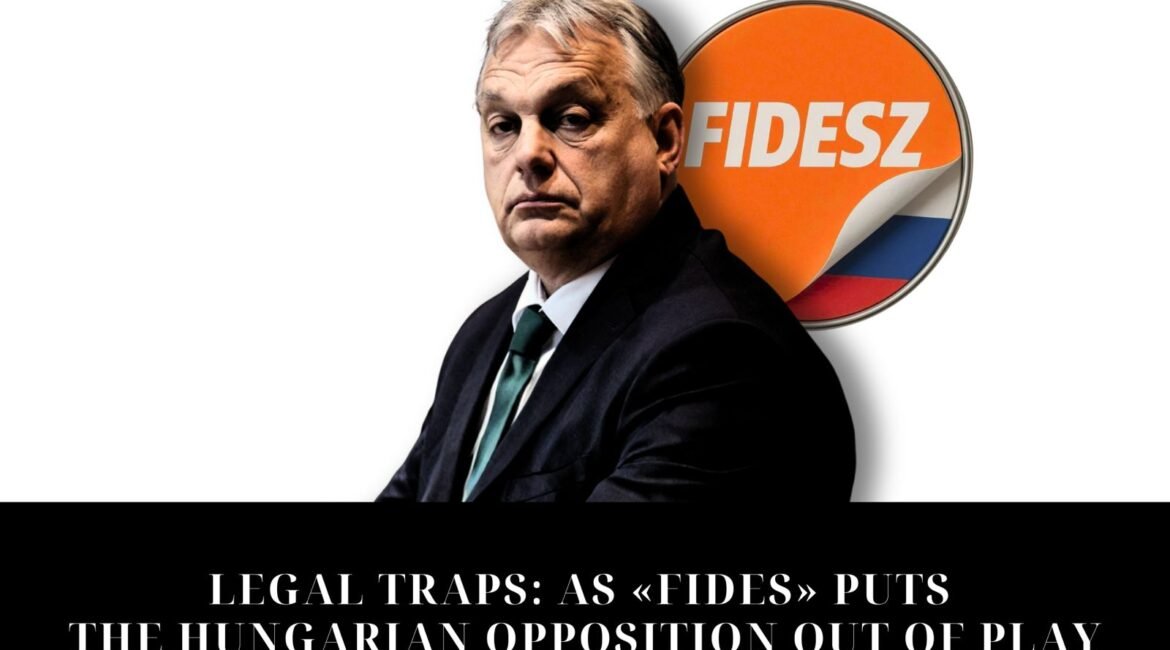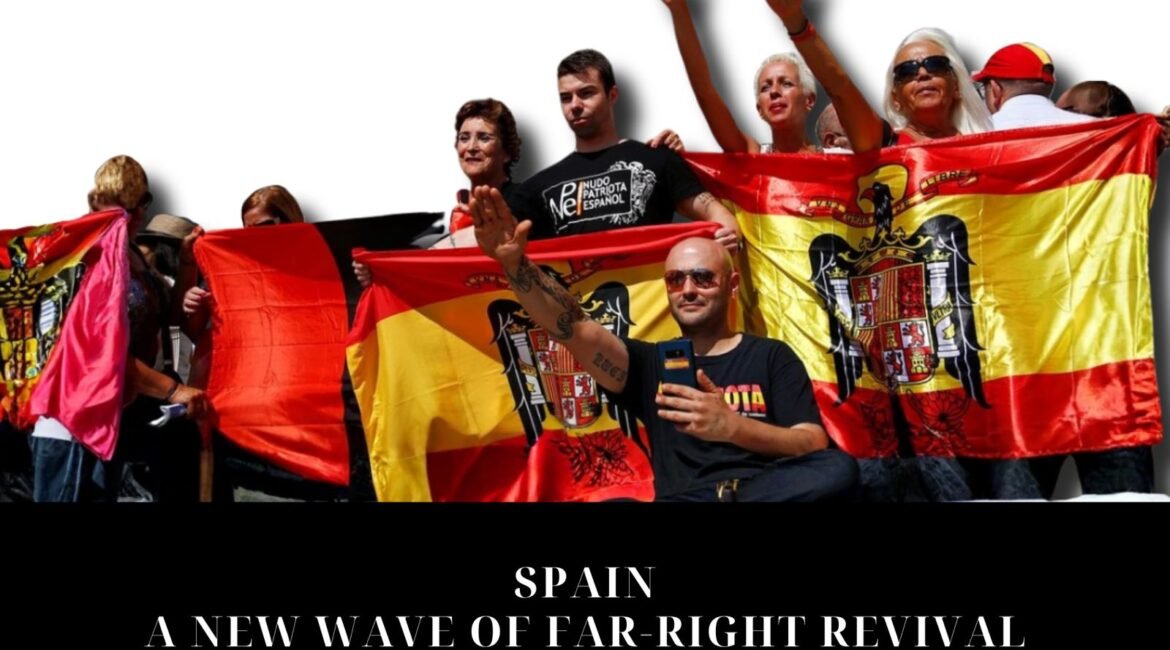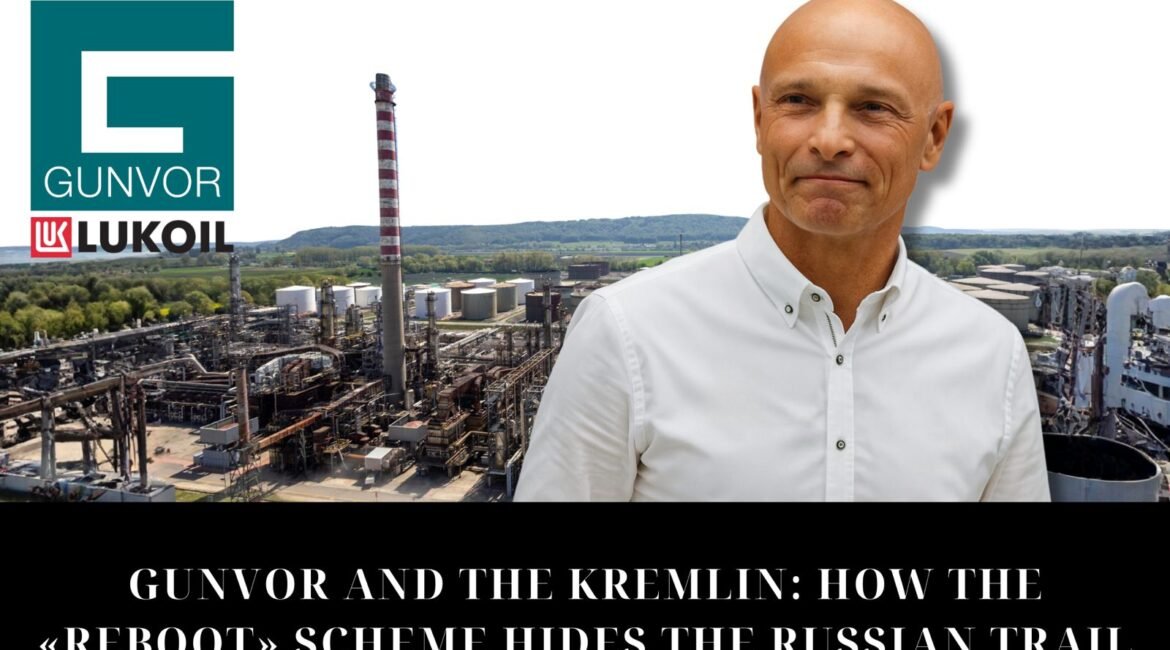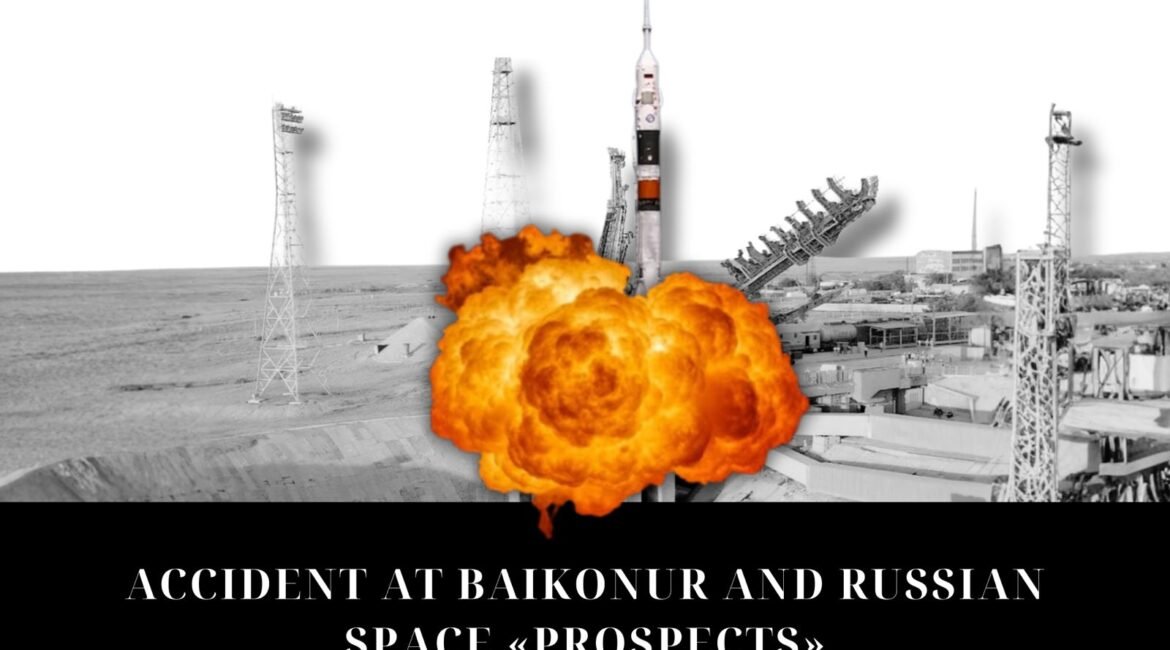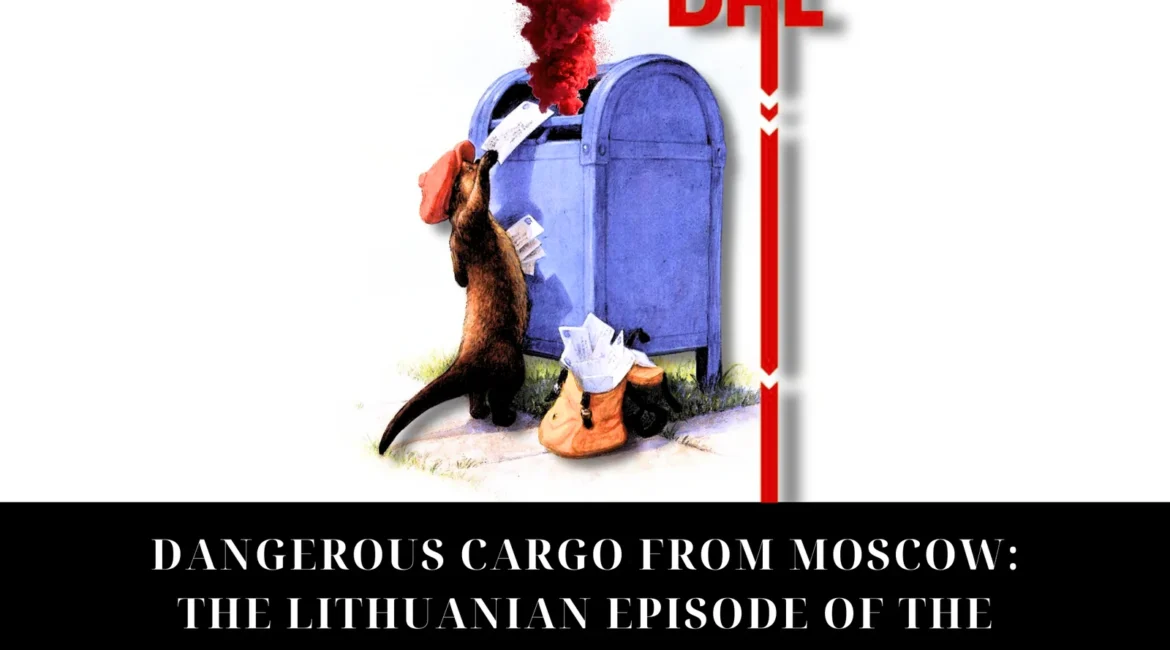With the outbreak of a full-scale war against Ukraine in 2022, the world, and Europe in particular, faced a new form of "hybrid" warfare: covert operations in international waters. Central to this strategy has been the so-called Russian "shadow fleet," which comprises over 1,000 vessels registered under shell companies and...
International Russophile movement in Russia’s hybrid influence system
In December 2025, the Council of the European Union imposed sanctions against the International Russophile Movement (IRM), adding it to the list of organisations and individuals involved in ‘hybrid threats’ from Russia and its information operations in Europe. The EU Council's decision states that, along with a number of analysts,...
Uninvestigated death and missing data: the Serbian trail in Moscow
The death of Radomir Kurtic, a representative of the Serbian state defense company Jugoimport-SDPR, who died in Moscow on November 17, 2025, remained virtually unnoticed by the international community until mid-December, when it was reported by the Serbian media. The Military Security Service and the Information and Security Agency (BIA)...
Cannon fodder for a bloody dictator: how the Kremlin recruits mercenaries around the world
At the beginning of the war in Ukraine, Russia tried a method that few expected to see in the 21st century, namely the mass recruitment of prisoners into combat units. Independent investigations have shown that at least 48,000 Russian prisoners were recruited into the Wagner private military company with promises...
The new US strategy: implications for Europe
In December 2025, the US administration officially published a new National Security Strategy (NSS), the content of which came as a shock to European politicians. The document declares a clear reorientation of American priorities, with the Indo-Pacific region being declared the main theater of global competition, while Europe formally remains...
Legal traps: as «Fides» puts the Hungarian opposition out of play
Against the backdrop of rhetoric about “protecting sovereignty,” Hungary's ruling Fidesz party is systematically shifting the political struggle from the realm of ideology to the realm of law. A new wave of bills and institutional changes is creating legal barriers that not only complicate the work of opposition parties and...
Spain – a new wave of far-right revival
There is a steady trend in Europe toward the growing popularity of far-right parties and movements. This also applies to the political landscape in Spain, where the nationalist-conservative and right-wing radical party Vox, founded in 2013, is gaining popularity. Recent polls show that support for Vox is growing steadily. As...
Gunvor and the Kremlin: How the «reboot» scheme hides the Russian trail
The news that Torbjörn Törnqvist, the long-standing principal shareholder of oil and gas company Gunvor, is selling 100% of his stake and stepping down from all positions is, in fact, yet another scheme to take the company into the shadows and an attempt to hide the real beneficiaries behind a...
Accident at Baikonur and Russian space «prospects»
The night launch of the Soyuz-MS-28 carrier rocket from Baikonur on the night of November 28 ended with the successful arrival of three crew members at the ISS but turned into an unexpected crisis for the Russian space industry. During the launch, elements of the launch complex at pad 31/6...
Dangerous cargo from Moscow: the Lithuanian episode of the hidden war
The summer of 2024 turned out to be “eventful.” A series of fires and explosions in parcels at DHL and DPD freight hubs in Europe—the UK, Germany, and Poland—led to large-scale counterterrorism investigations and raised the question in the West of whether this was part of an organized campaign controlled...

